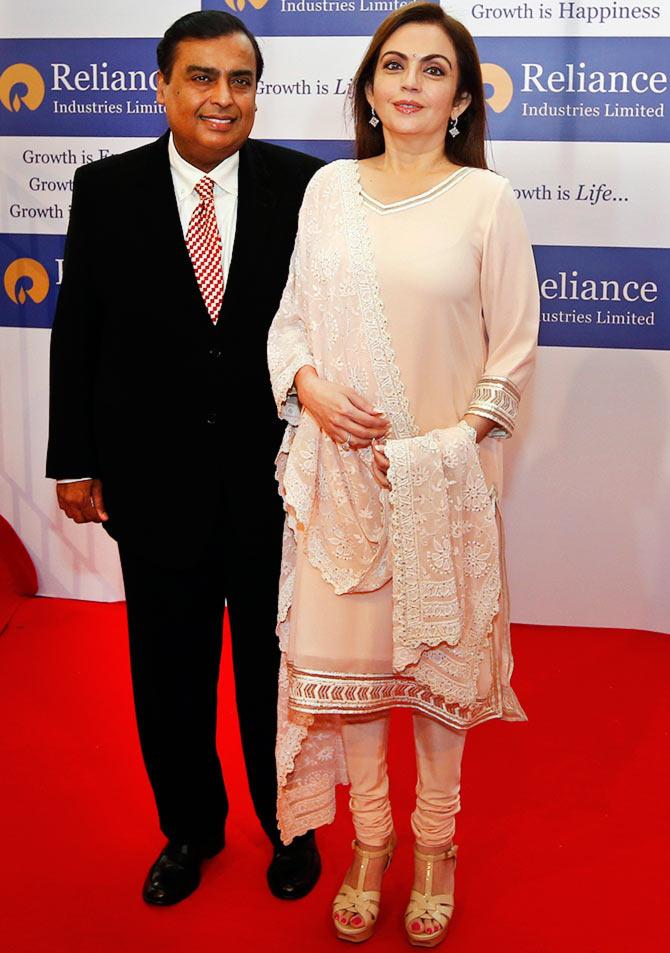
For more than a hundred years, media companies have been started and owned by corporates, in the US, Europe and in India as well, says Vanita Kohli-Khandekar.
Last month, control of Raghav Bahl's Rs 2,692 crore (Rs 26.92 billion) Network18 was passed on totally to the Independent Media Trust (IMT).
It is controlled by the Rs 401,302 crore (Rs 4013.02 billion) Reliance Industries (RIL), which Mukesh Ambani heads. In 2012, IMT funded the merger of a debt-ridden Network18 and Ramoji Rao's Ushodaya Enterprises, which owns ETV.
Since then, the speculation on a takeover by Reliance and its ramifications has been endless.
There are two dimensions to the affair - the corporate ownership of media and the ownership of media by RIL.
For more than a hundred years, media companies have been started and owned by corporates, in the US, Europe and in India as well.
Malayala Manorama, The Indian Express, Hindustan Times, The Times of India, Zee TV, among dozens of others, have come from business groups. Anyone can set up, own and run a media company in a democracy and India's record so far has been wonderful.
Maybe too much so with thousands of newspapers and 135 news channels. In spite of everything wrong with the news media, we should continue with an open-door policy for it.
…
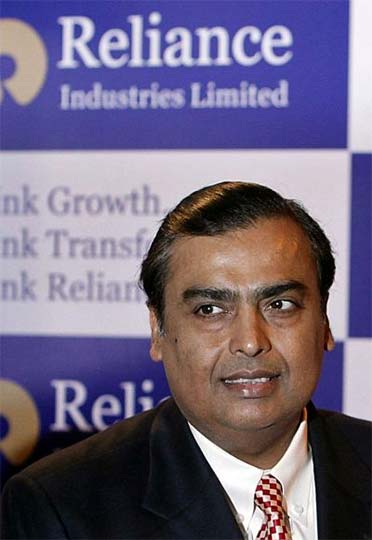
From a regulatory and philosophical standpoint then, Ambani has as much right as anyone else to own a media firm.
Then there is the question of the editorial compromises, the advertising deals, paid news, the ethical rot and all the ugly stuff. Before we get to that, a few footnotes to set the context.
One, TV news is a tiny (just about two per cent) but critical part of the Rs 83,000-crore "media and entertainment" industry. There is much speculation about Ambani owning news channels such as CNN-IBN.
But he also owns half of Colors, one of the most popular entertainment channels in India, that reaches more people than all of Network18's news channels put together. The regulatory environment for entertainment needs to remain free - 100 per cent foreign direct investment is allowed against only 26 per cent in news.
Two, news is one of the most expensive, unprofitable and difficult businesses to be in. Globally, it makes money only when it is bundled with entertainment or if it is funded by trusts (The Guardian), taxpayers (BBC) or benevolent rulers (Al Jazeera).
It would be surprising if Ambani manages to make any large sums of money from the news channels and portals in Network18.
This then brings us to the ugly stuff.
…
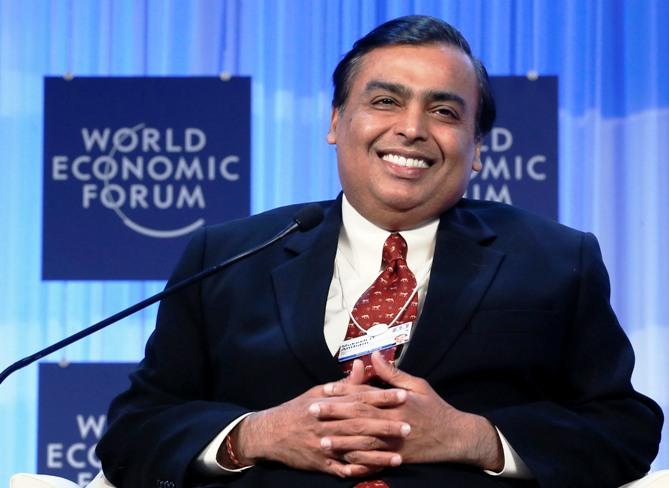
The reason we have so much news in India is because politicians, real-estate barons, businessmen and even religious gurus launch newspapers, TV channels and online portals as a lever to curry favour, fear or influence public opinion.
You could argue that the man who runs an empire the size of RIL does not really need media to influence anything. RIL is almost 150 times the size of Network18 and got there almost entirely without owning media.
Why then did Ambani bother with it? The general consensus in the telecom business is that he will use the content from Network18 to feed his firm's 4G network due to be launched next year.
This brings us to the other dimension - the objection to Ambani owning a news channel.
The Aditya Birla Group's 27.5 per cent stake in Aroon Purie's India Today Group or the Tatas' 60 per cent stake in Tata-Sky has not created as much discussion.
The worry, rightly, is on Reliance's sheer size and the span of its heavily policy-dependent portfolio - petroleum, gas, retail - and the potential conflict of interest this could create.
…
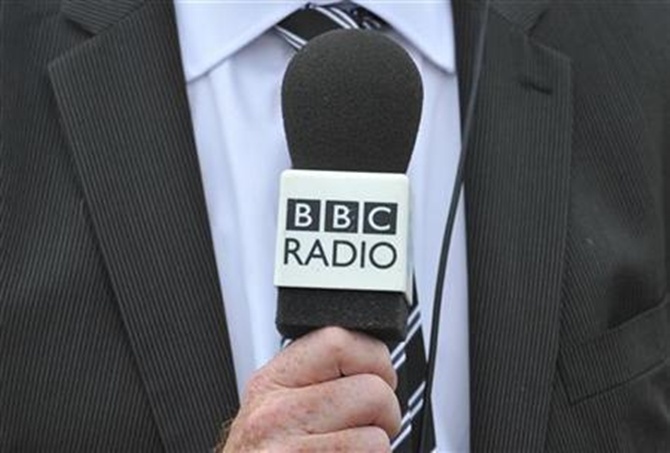
The other worry, especially from liberals and moderates who dominate English media, is the stance his news outlets will or will not take. That seems unjustified since most media brands have a stance.
There are pro-Congress newspapers and pro-BJP ones, just like there are Left-liberal ones. Almost all democracies have a mix of voices.
When Fox News and CNN, which swing right, were on a rise, BBC took off in the US and brought balance. That is why an open-minded entry policy helps and India has that.
What we don't have, and this is the point of this whole column, is a regulatory framework or a body that keeps the industry on the good path.
One that deters politically motivated or frivolous players; raises issues of ethics, quality, training, the things that really matter to the profession of journalism and forces media owners, irrespective of who they are, to follow higher standards.
There is no such body. The Ministry of Information and Broadcasting is the policymaker, regulator and one of the biggest advertisers creating a huge conflict of interest.
Then there industry bodies such as the Press Council of India or the News Broadcasters Association. Most media owners either ignore them or simply don't sign on to them.
This column has always suggested three things that could help.
…
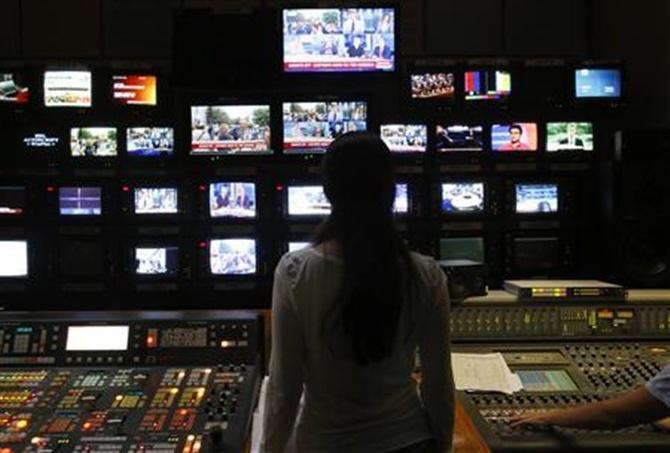
One, an independent-of-the-government media regulator with powers a la Federal Communications Commission (US) or Ofcom (UK). They set the business rules, keep a check on ownership, prevent the formation of monopolies, stop bad practices and create a healthy environment for free media.
Two, a law that forces any organisation in the news business to publish its accounts and every detail of who owns it, how it is funded, its revenues, and so on at fixed periods, online.
This forced transparency will deter the "unsavoury" entrants, reduce hyper-competition and, therefore, the plummeting of standards.
Three, a high-quality, independent, taxpayer-funded broadcaster. If Doordarshan was a world-class news channel, it would force the private ones to aim for better quality like the presence of BBC has done in the UK.
For a noisy news market, it is amazing how little we self-reflect on journalism and where it is headed. Fixing that should be our big worry.